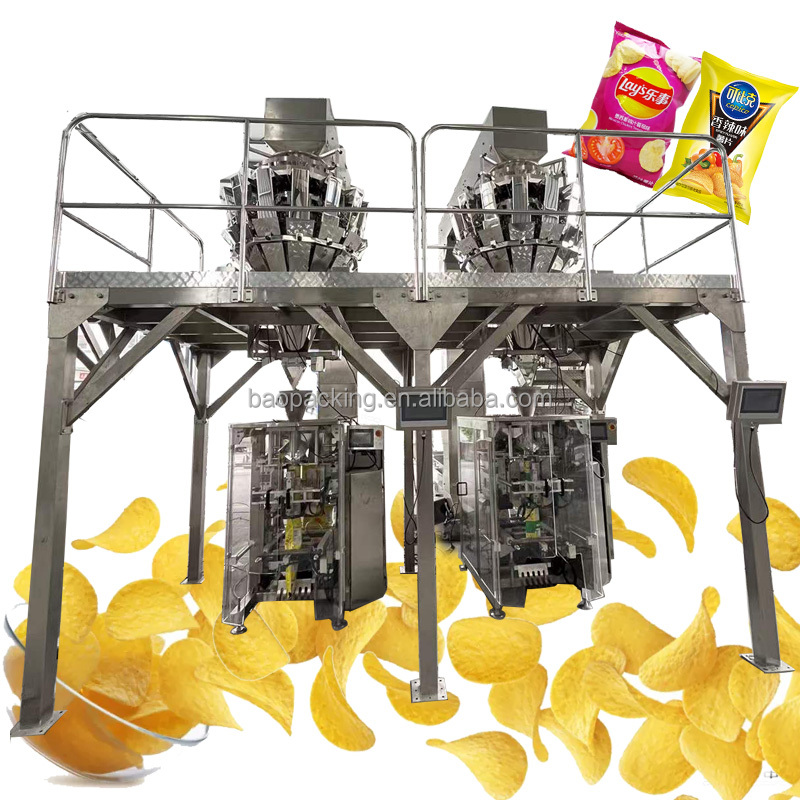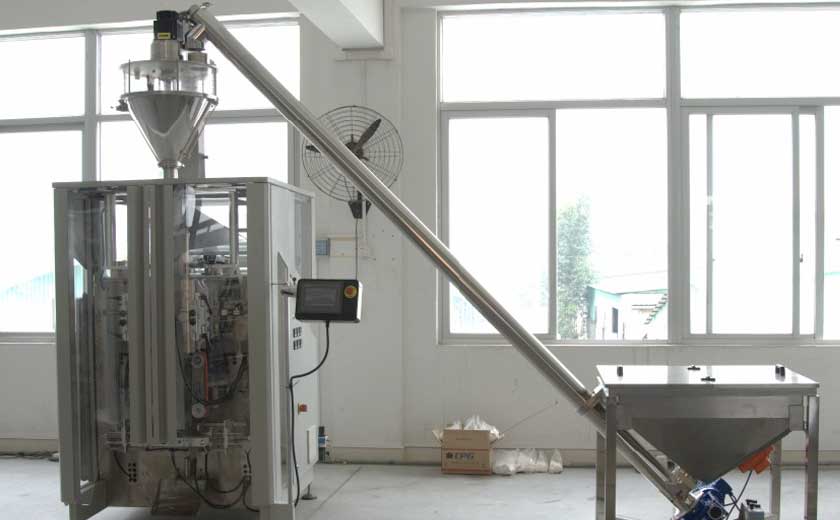Case Studies- Successful Implementation of Liquid Milk Packing Machines
In the dairy industry, efficient and reliable liquid milk packing machines are crucial for ensuring product quality and maximizing profitability. Case Studies: Successful Implementation of Liquid Milk Packing Machines provides valuable insights into the successful implementation of these machines, drawing from real-world experiences and best practices.
Key Factors for Successful Implementation
Successful implementation of liquid milk packing machines involves careful planning and execution. Key factors to consider include:
Machine Selection: Choosing the right machine for specific production needs, considering factors such as capacity, speed, and compatibility with existing infrastructure.
Installation and Setup: Proper installation and setup ensure optimal performance and prevent potential issues. This includes ensuring proper electrical connections, leveling the machine, and following manufacturer’s guidelines.
Training and Education: Operators need to be trained on the safe operation and maintenance of the machine. This enables them to identify and address potential problems early on.
Maintenance and Inspection: Regular maintenance and inspections are essential for maintaining optimal performance and preventing breakdowns. Scheduled maintenance plans should be established and followed diligently.
Process Integration: The packing machine should be seamlessly integrated into the overall production process. This involves synchronizing with other equipment, such as conveyors and fillers, to ensure efficient flow.
Benefits of Successful Implementation
Successful implementation of liquid milk packing machines offers several benefits:
Increased Production Efficiency: Automated packing machines significantly increase production output, freeing up labor for other tasks.
Improved Product Quality: Machines provide consistent and precise packaging, reducing the risk of spills or damage to the product.
Reduced Costs: Automation reduces labor costs and overall production expenses. In addition, improved efficiency can lead to reduced waste and spoilage.
Enhanced Safety: Machines eliminate manual handling of heavy loads, reducing the risk of accidents and injuries.
Increased Flexibility: Modern packing machines offer versatility and can handle a wide range of liquid milk products, including different flavors, sizes, and packaging formats.
Case Studies: Successful Implementation of Liquid Milk Packing Machines provides valuable insights into the factors that contribute to the successful implementation of these essential machinery in the dairy industry. By understanding the key factors, benefits, and best practices, businesses can maximize the potential of their liquid milk packing machines, improving efficiency, product quality, and overall profitability.
-

Overview of Packaging Machine Buying Guides
08-01-2024 -

How Does a Vertical Form Fill Seal Machine Work?
30-10-2023 -

Advancements in Auger Powder Filling Technology
27-10-2023 -

A Deep Dive into Automatic Packaging Machines
26-10-2023 -

The Revolutionary Fully Automatic Potato Chips Packaging Machine
20-09-2023 -

How to choose the right packaging machine?
23-08-2023 -

Reducing Waste And Maximizing Yield With Multihead Weigher Machines
15-03-2023 -

Nuts Packaging Machine for Dry Products Perservation
26-11-2022 -

Is Automated Biscuit Packaging Machine Better Than Manual Opeartion?
25-11-2022





